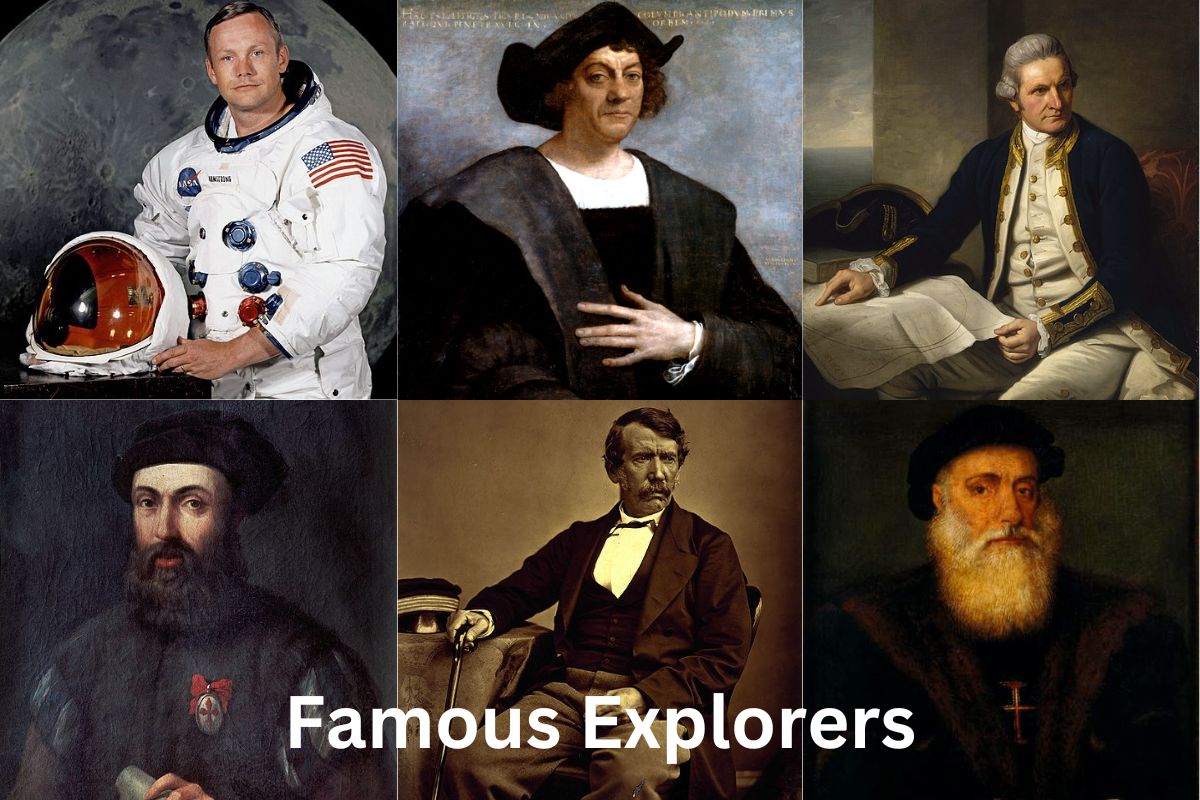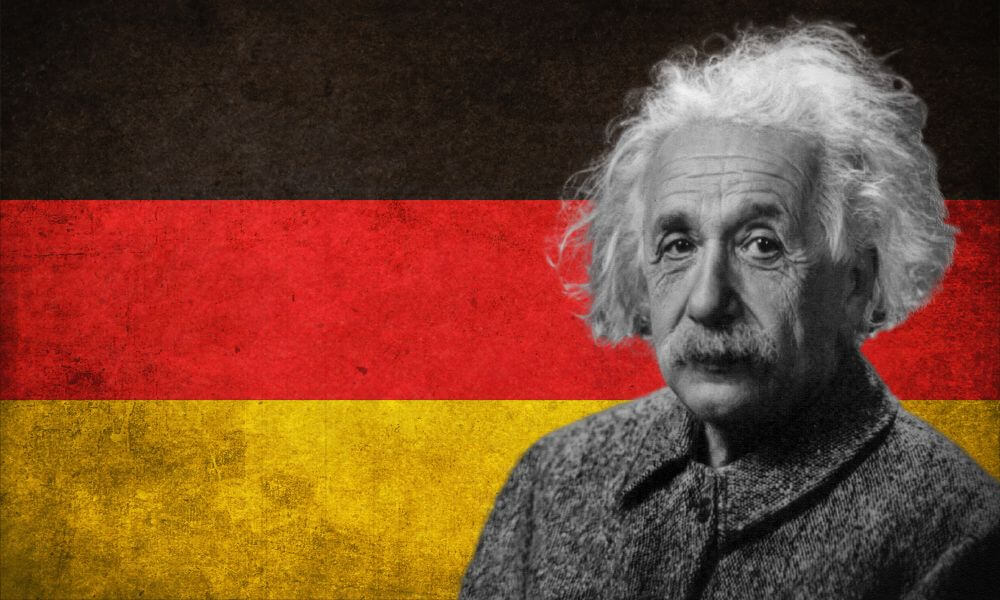Peru, a land brimming with a rich past and an equally compelling present, has given rise to individuals who have made a lasting mark on the world. These figures, through their extraordinary efforts and distinct talents, have captured the attention of many, bringing a special kind of recognition to their home country. From the quiet halls of literature to the roaring cheers of a football stadium, their stories, in a way, show the spirit and creativity that truly define the Peruvian people.
You know, it's quite fascinating how certain people just seem to stand out, drawing eyes and ears from far and wide. This nation, with its deep roots and dynamic culture, has certainly produced its share of such individuals. We're talking about folks whose accomplishments resonate beyond their immediate surroundings, shaping conversations and inspiring others, really, both at home and abroad. They are, in some respects, living examples of what can be achieved when passion meets skill.
So, we're going to take a closer look at some of these well-known personalities, exploring their paths and the contributions that have made them so widely recognized. It’s a chance to appreciate the diverse ways in which Peruvian talent shines, whether it's through crafting beautiful stories, scoring winning goals, or sharing captivating sounds. Their journeys, actually, offer a glimpse into the heart of a nation that continues to influence and charm.
Table of Contents
- Mario Vargas Llosa - A Literary Giant's Story
- Gastón Acurio - Shaping Culinary Identity
- Claudio Pizarro - A Football Legend's Journey
- Eva Ayllón - The Voice of Afro-Peruvian Music
Mario Vargas Llosa - A Literary Giant's Story
When you talk about individuals who have truly shaped the world of words, Mario Vargas Llosa's name comes up quite quickly. Born in Arequipa, Peru, his life's work has been about spinning tales that delve into the deeper aspects of human experience and the workings of society. He's someone whose narratives often explore political themes and social issues, offering readers a window into different ways of thinking about the world. It's almost as if he uses his stories to ask big questions about how we live and interact, which is really something to consider.
His writing style, you know, has a certain richness to it, often blending fact with imagination in a way that keeps you completely hooked. He has a knack for creating characters that feel incredibly real, and settings that you can almost touch. For many, his works are not just books to read; they are experiences that make you think and feel deeply. He has, in some respects, given a voice to many unspoken truths about power, freedom, and the challenges of everyday life.
Early Life and Influences on this famous person in Peru
Mario Vargas Llosa's early years were, honestly, a bit complicated, marked by family moves and a somewhat turbulent upbringing. He spent time in Bolivia and various parts of Peru, experiences that, in a way, surely colored his perspective on the world. His time at a military school, for instance, appears in some of his earlier works, offering a glimpse into the discipline and structures he encountered. These formative years, you could say, laid the groundwork for his later observations on authority and rebellion.
His deep love for reading and writing blossomed early, pushing him towards a path in literature despite some initial family reservations. He was, apparently, quite dedicated to his craft from a young age, absorbing stories and developing his own unique voice. The political climate of Peru during his youth also played a significant role, shaping his awareness of social injustices and political struggles, which would become central themes in his widely recognized fiction. He was, in other words, a keen observer of his surroundings.
What makes his writing so captivating?
So, what is it about Mario Vargas Llosa's writing that really grabs people and holds their attention? Well, for one thing, he has a remarkable ability to weave together multiple storylines and perspectives within a single work. This approach, you know, creates a sense of depth and complexity, allowing readers to see events from various angles. It's not just a straightforward narrative; it's more like a collection of interwoven threads that slowly reveal a larger picture.
Then there's his unflinching honesty when tackling difficult subjects. He doesn't shy away from portraying the darker sides of human nature or the harsh realities of political life. This candor, honestly, can be quite powerful, making his stories feel incredibly authentic and impactful. He also possesses a mastery of language, using words with a precision that can be truly beautiful, even when describing something rather difficult. His works often feel like a deep conversation with a brilliant mind, which is probably why so many find them so compelling.
| Full Name | Jorge Mario Pedro Vargas Llosa |
| Date of Birth | March 28, 1936 |
| Place of Birth | Arequipa, Peru |
| Nationality | Peruvian, Spanish |
| Occupation | Novelist, Journalist, Essayist, Politician |
| Notable Works | "The City and the Dogs", "The Green House", "Aunt Julia and the Scriptwriter" |
| Awards | Nobel Prize in Literature (2010), Cervantes Prize (1994) |
Gastón Acurio - Shaping Culinary Identity
Moving from the written word to the world of flavors, Gastón Acurio is, quite simply, a figure who has completely transformed how the world views Peruvian cooking. Before him, Peruvian food, while loved at home, didn't really have the global recognition it enjoys today. He's been instrumental in putting his country's cuisine on the international map, turning it into something celebrated and sought after. He's, in a way, a true ambassador for the tastes and traditions of his homeland.
His approach goes beyond just creating delicious dishes; it's about celebrating local ingredients, supporting small producers, and telling the story of Peru through its food. He's really passionate about showcasing the incredible diversity of Peruvian produce, from unique potatoes to exotic fruits. It's almost as if he sees each meal as an opportunity to share a piece of his country's soul, which is a rather beautiful thing. He's certainly made Peruvian food a talking point around the globe.
How did he become a famous person in Peru?
Gastón Acurio's path to becoming a widely recognized figure in Peru and beyond is, honestly, a fascinating one. He originally studied law, but his true calling, it seems, was always in the kitchen. He decided to follow his passion for cooking, training in some of the most respected culinary schools in Europe. This background gave him a strong foundation, but it was his return to Peru that truly set him apart.
Upon coming back, he didn't just replicate European cooking; instead, he began to explore and elevate traditional Peruvian recipes, giving them a modern twist while respecting their roots. His first restaurant, Astrid y Gastón, became a huge hit, drawing attention for its innovative yet authentic approach. He also started television shows and wrote cookbooks, making his culinary philosophy accessible to a wider audience. He basically became the face of a culinary movement, inspiring a whole new generation of chefs and food lovers in Peru and, very quickly, across the world.
Claudio Pizarro - A Football Legend's Journey
From the world of delicious food, we now turn to the excitement of the football field, where Claudio Pizarro stands as a truly iconic figure. For many years, he was the face of Peruvian football on the global stage, scoring goals and breaking records in some of Europe's top leagues. He's someone who, in a way, embodied perseverance and dedication, playing at a high level well into his later years. His career is, honestly, a testament to his enduring skill and passion for the game.
He was known for his incredible goal-scoring ability, his smart play, and his knack for being in the right place at the right time. Fans adored him not just for his talent, but also for his humble demeanor and his strong connection to his home country. He was, in some respects, a source of immense pride for Peruvians, proving that a player from their nation could compete and excel among the very best in the world. His journey is, simply put, quite remarkable.
What was his impact on Peruvian sports?
Claudio Pizarro's impact on Peruvian sports, particularly football, was, quite frankly, immense. For years, he was arguably the most visible Peruvian athlete on the international scene, playing for huge clubs like Bayern Munich and Werder Bremen in Germany. His consistent performance at such a high level brought a lot of positive attention to Peruvian football, inspiring countless young players back home. He showed them that it was possible to achieve great things on the global stage, which is a powerful message.
Beyond his individual achievements, he also served as a leader and a role model for the national team. While the team didn't always achieve the results many hoped for during his time, his presence and dedication were always felt. He brought a sense of professionalism and experience that was invaluable. His long and successful career in Europe, you know, raised the profile of Peruvian talent, encouraging scouts and clubs to look more closely at players from the country. He certainly left a lasting mark on the sport in Peru.
Eva Ayllón - The Voice of Afro-Peruvian Music
Shifting gears to the soulful sounds of music, Eva Ayllón is, without a doubt, a towering figure in Afro-Peruvian music. Her voice, honestly, carries a depth and emotion that can really move you. She's spent decades preserving and popularizing the rich musical traditions of Peru's Afro-descendant communities, ensuring that these unique rhythms and melodies are heard and appreciated by a wider audience. She is, in a way, a living bridge between the past and present of Peruvian culture.
Her performances are known for their incredible energy and heartfelt delivery, drawing listeners into the stories and feelings behind each song. She's not just a singer; she's a storyteller, a keeper of heritage, and a powerful voice for a vital part of Peruvian identity. She has, basically, dedicated her life to sharing these beautiful sounds with the world, making sure that this important part of the nation's musical tapestry continues to thrive. Her contributions are truly significant.
How does her music connect with audiences?
Eva Ayllón's music connects with audiences in a very special way, you know, because it's so full of heart and history. She sings with an intensity that makes you feel every word, whether it's a song about love, hardship, or celebration. Her voice has a unique quality that, honestly, just draws you in and holds you there. It's not just about the notes; it's about the feeling she pours into every single phrase.
Furthermore, her songs often tell tales of the Afro-Peruvian experience, touching on themes of resilience, joy, and community. This cultural depth, in a way, resonates deeply with listeners, both those familiar with the traditions and those discovering them for the first time. She also has a wonderful stage presence, making her concerts feel like a warm, personal gathering rather than just a show. People feel her genuine passion, and that, quite simply, creates a powerful bond. She really makes you feel like you're part of something bigger, something truly meaningful.


